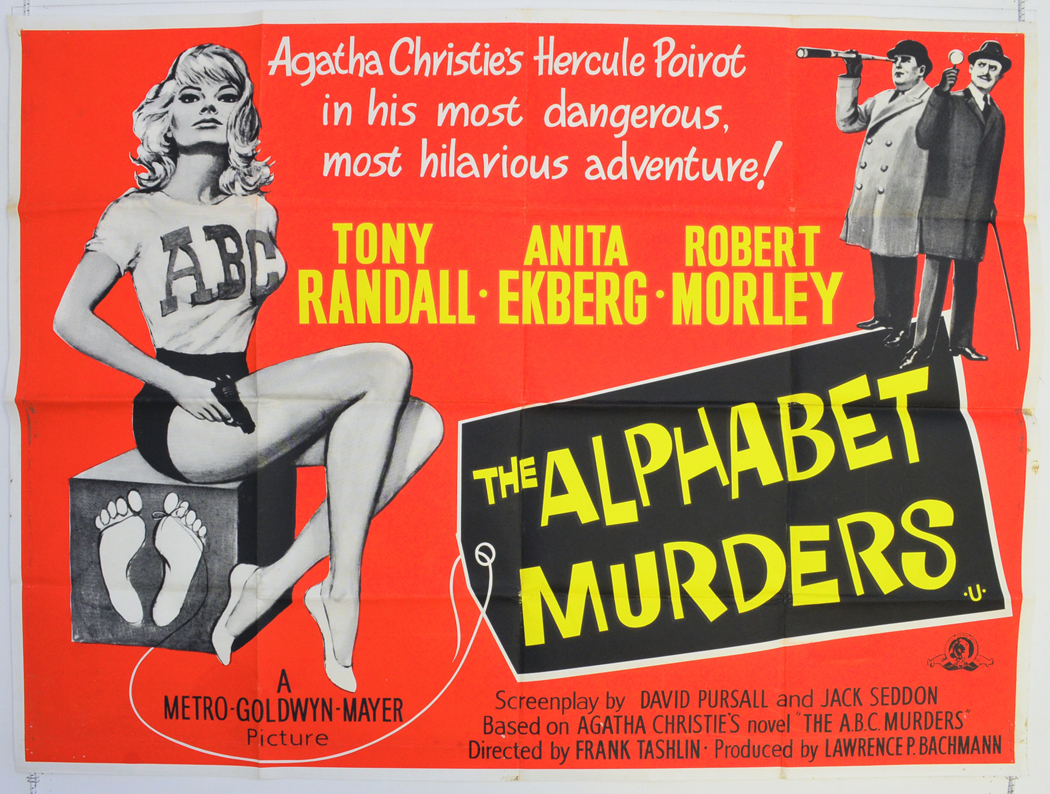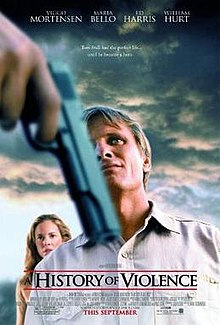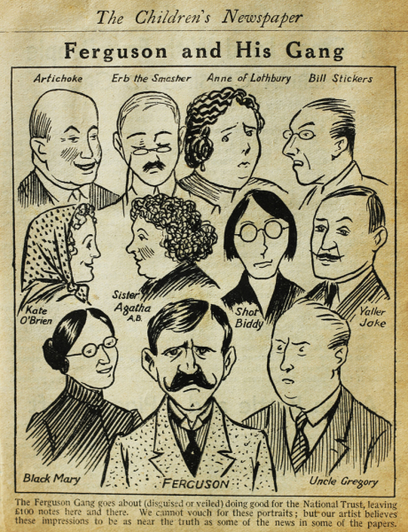I'm back in England after a short holiday on the west coast of Ireland, somewhere I've not visited since a great trip more than thirty years ago. I've spent the winter writing busily and felt in need of a break in order to freshen up my imagination, so a short package tour featuring 'the Wild Atlantic Way' was something of an impulse buy. I expected to get drenched most of the time, but in fact, we dropped lucky and the weather was unexpectedly fantastic, a real bonus.
Our base was a very good hotel in Claremorris which did an excellent Irish breakfast, in which I duly indulged, and the trips each day were varied and fascinating. I discovered wonderful places I'd never even heard of before, including the Cliffs of Moher, the Burren, Cong, and Kylemore Abbey (top photo), as well as watching a leading sheepdog trainer in action - not something I expected to be as interesting as it proved to be. There was a boat trip along Ireland's only fiord, Killary, and a day in the pleasant city of Galway. We also had a short visit to the shrine at Knock, the scale of which took me aback.
I've never set a story in Ireland, although I've had quite a few Irish characters in my books. Although no fresh story ideas came to me during the trip, it was inspirational in another way, in that - freed from the keyboard - I was able to let my mind roam around the novel I started working on recently, and this was really beneficial. I came back with batteries duly recharged.
On returning, I was sorry to learn of the death of a fellow solicitor and crime writer, C.J. Sansom. I never met him, but he was clearly an interesting individual as well as a good writer who had mixed fortunes over the years. An inheritance enabled him to take up full-time writing and his sales meant he could afford to make a huge donation to the anti-Scottish independence campaign, but he wrote poignantly about his experience of depression over the years. I was tempted to feature him more extensively in The Life of Crime, but I didn't want to intrude on his privacy.
He was due to be presented with the Diamond Dagger on the same evening as me (my actual award two years earlier had to be online because of the pandemic) but sadly his illness - he'd suffered from cancer from over a decade - prevented this, and instead he joined us online. He was clearly a private man, so he might not have welcomed much fuss anyway, but I did feel sorry that he wasn't able to take part in that great moment, really the highlight of his career, directly. But the tributes were warm and tonight, by a strange coincidence, sees the start of the television version of his Shardlake books.


























.JPG)
